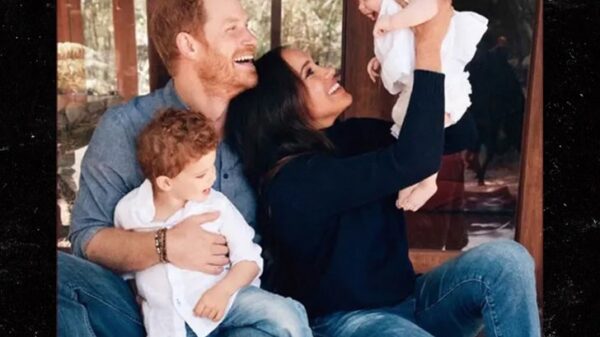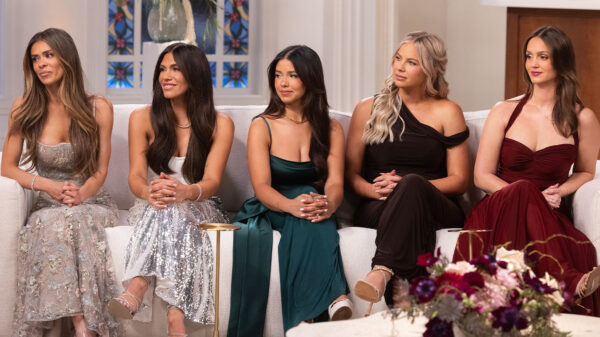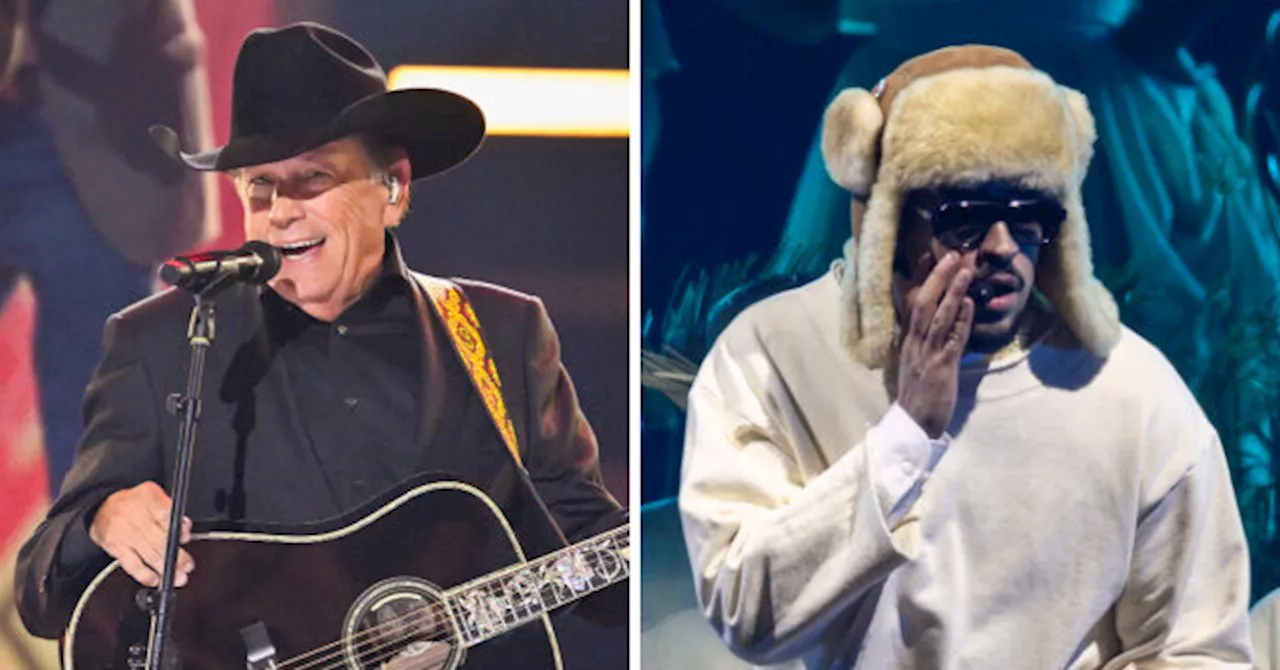A petition advocating for George Strait to replace Bad Bunny as the performer for the 2026 Super Bowl halftime show has gained significant traction, amassing over 41,000 signatures. The movement has ignited discussions about the NFL’s entertainment choices and the cultural messaging of the event, which will take place at Levi’s Stadium in Santa Clara, California.
The petition, initiated by Kar Shell, a Texas native and country music enthusiast, emphasizes the desire for a halftime show that is both “family-friendly” and reflective of the “cultural tapestry of America.” It argues that Strait, often referred to as the “King of Country,” embodies the qualities essential for the event, highlighting his impressive record of over 60 No. 1 hits and his longstanding influence within the country music genre. Supporters assert that his “authenticity and raw emotion” make him an ideal candidate to unite audiences during the high-profile performance.
Campaigners express concerns regarding Bad Bunny’s suitability for the halftime stage, citing his artistic style and performances that they feel do not align with traditional family values. The petition’s statement underscores the need for a celebration of American culture, suggesting that Bad Bunny “represents none of these values,” particularly in light of his previous comments on U.S. immigration policy and his public opposition to Immigration and Customs Enforcement agents in Puerto Rico.
The backlash against Bad Bunny’s selection has been amplified by notable figures, including former NFL player Eric Dickerson, who described the decision as “absolutely ridiculous.” He voiced his discontent during an interview, suggesting that if Bad Bunny “doesn’t like the United States, just get your ass out of here.”
This controversy gained momentum after the NFL’s announcement in late September that Bad Bunny would headline the halftime show, marking the first time a performance will be presented entirely in Spanish. Critics, including former NASCAR driver Danica Patrick, have since joined the conversation, further fueling the debate on social media and among fans.
In response to the growing discontent, an alternative event named the “All American Halftime Show” is being organized, which is scheduled to coincide with the Super Bowl on February 12, 2026. This event is promoted as a celebration of “faith, family, and freedom,” aiming to provide a different perspective on entertainment during the Super Bowl.
As the petition continues to gather signatures, it reflects a broader dialogue about representation and cultural values within major entertainment platforms like the NFL. The outcome of this debate may shape the future direction of halftime shows and the type of performances audiences can expect at such pivotal events.





































































